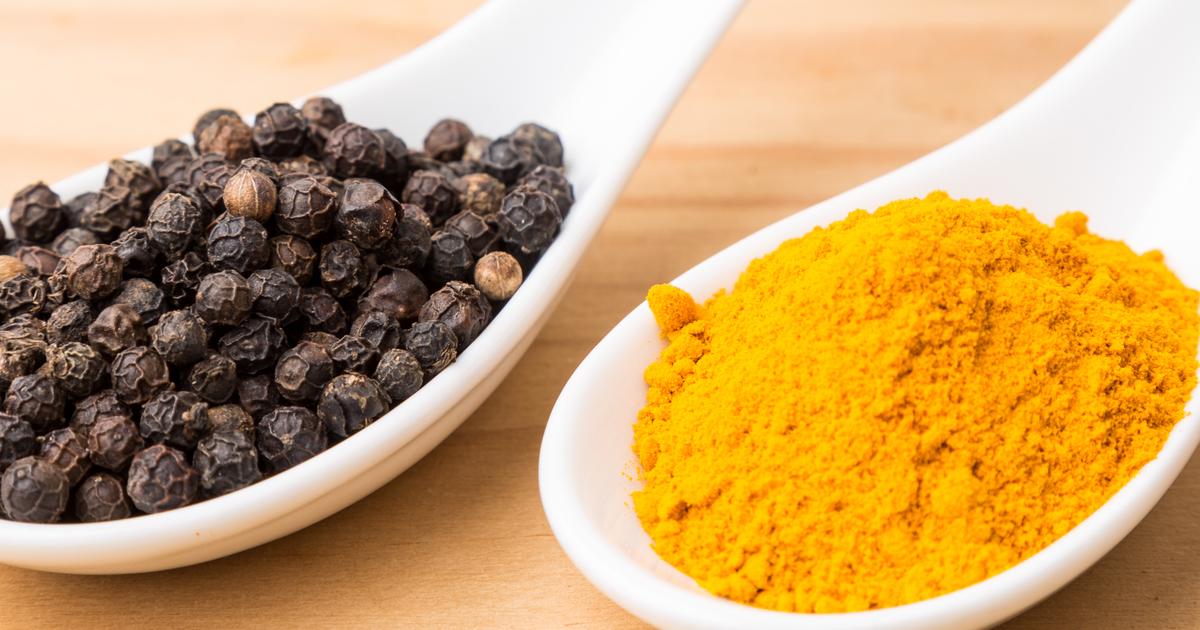Comprehensive Guide To Turmeric
Turmeric is a flowering plant that belongs to the ginger family. It is native to Southeast Asia and India and has been used for centuries in Ayurvedic medicine. With an earthy aroma and a deep orange-yellow color, turmeric powder is a staple of Indian cuisine. It is also used as a fabric dye for the saris and robes of Buddhist monks. Turmeric powder is often combined with annatto to give extra color to cheese, mustard, chicken broth, and salad dressing. Some individuals will use it in place of saffron in dishes, since it is less expensive.
Turmeric treats many conditions and serves quite a few health benefits. Many individuals embrace this through a turmeric supplement. In some cases, individuals may see these listed as turmeric capsules or curcumin tablets. Patients may use turmeric for acne and arthritis, among many other health conditions. Of course, individuals must understand how turmeric works to determine how they can best benefit from using it.
How It Works
Curcumin is the main active ingredient in turmeric powder and supplements. It makes up an estimated three percent of the powder and supplement content when measured by weight. Curcumin is a potent antioxidant with significant anti-inflammatory properties. Some studies have suggested that it may be as effective as diclofenac, acetylsalicylic acid, and ibuprofen in terms of reducing inflammation from rheumatoid arthritis and other conditions. Most turmeric capsules sold as health supplements contain at least one gram of curcumin. This dose is recommended for maximum anti-inflammatory benefits.
Curcumin cannot be absorbed very well by the bloodstream. Thus, most turmeric supplements with curcumin also contain piperine, a compound in black pepper that enhances the body's curcumin absorption by as much as two thousand percent. Curcumin combats inflammation by blocking the NF-kB molecule. This molecule travels to cells throughout the body and turns on genes associated with inflammation. Currently, NF-kB is believed to play a major role in the development of chronic diseases. Since curcumin is fat-soluble, experts recommend taking turmeric supplements with healthy fats to increase absorption.
Read about the common uses for turmeric next.
Common Uses

Turmeric supplements are frequently used to improve the symptoms of several types of arthritis. This includes osteoarthritis and rheumatoid arthritis. In a small 2012 study of forty-five patients with rheumatoid arthritis, researchers found that taking five hundred milligrams of curcumin daily was more effective in reducing tenderness and joint swelling than a daily fifty milligrams of diclofenac sodium. Turmeric supplements with curcumin are also routinely used to relieve itching from chronic kidney disease. They have shown promise in reducing blood cholesterol levels as well. Many patients often use turmeric supplements to prevent and treat heart disease.
Studies have shown turmeric improves the functioning of the endothelium (the lining of the blood vessels). Endothelium issues can cause problems with the regulation of blood pressure and blood clotting. They are a major contributor to the development of cardiovascular disease. One study found the active ingredient in turmeric was as effective as physical activity in enhancing endothelial health. Other research concluded the ingredient was able to protect the endothelium just as well as atorvastatin, a prescription medication.
Get familiar with the uncommon uses for turmeric next.
